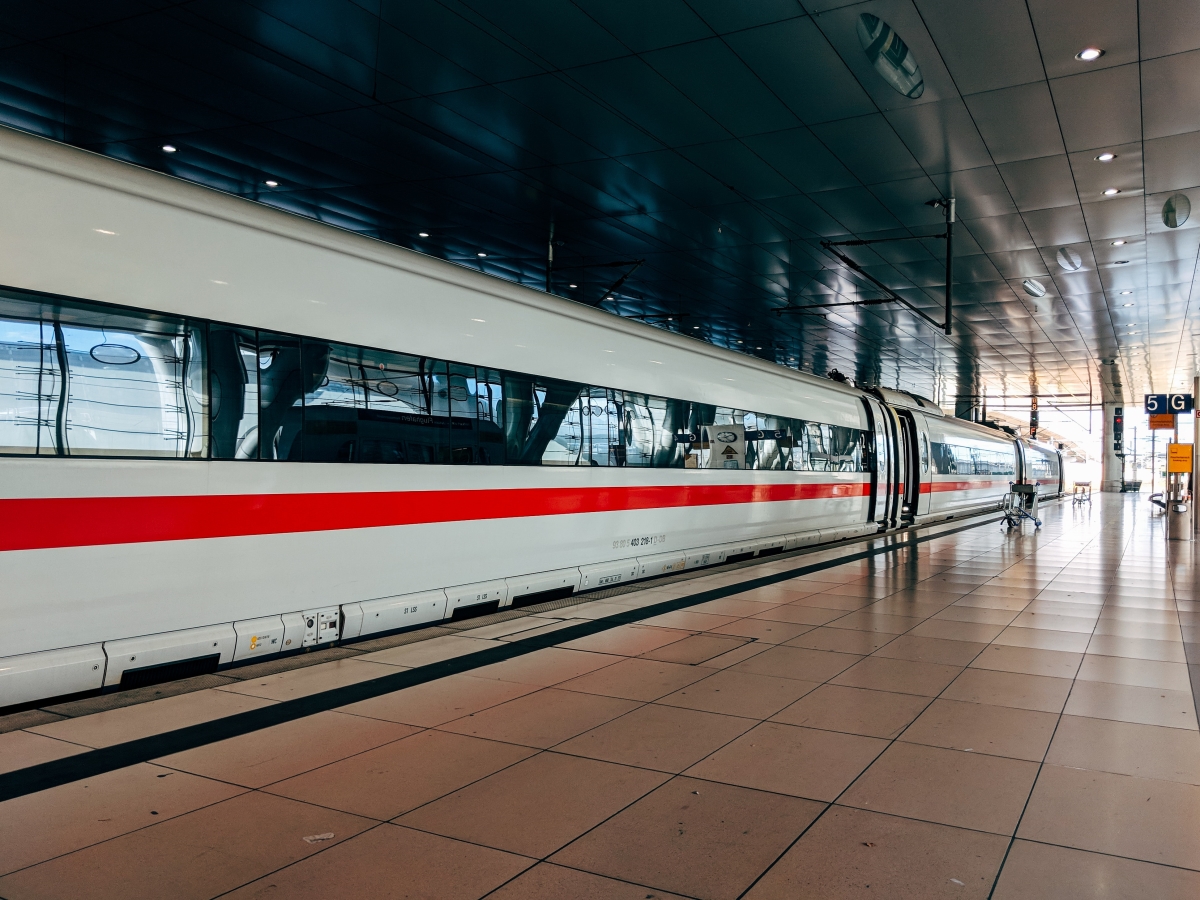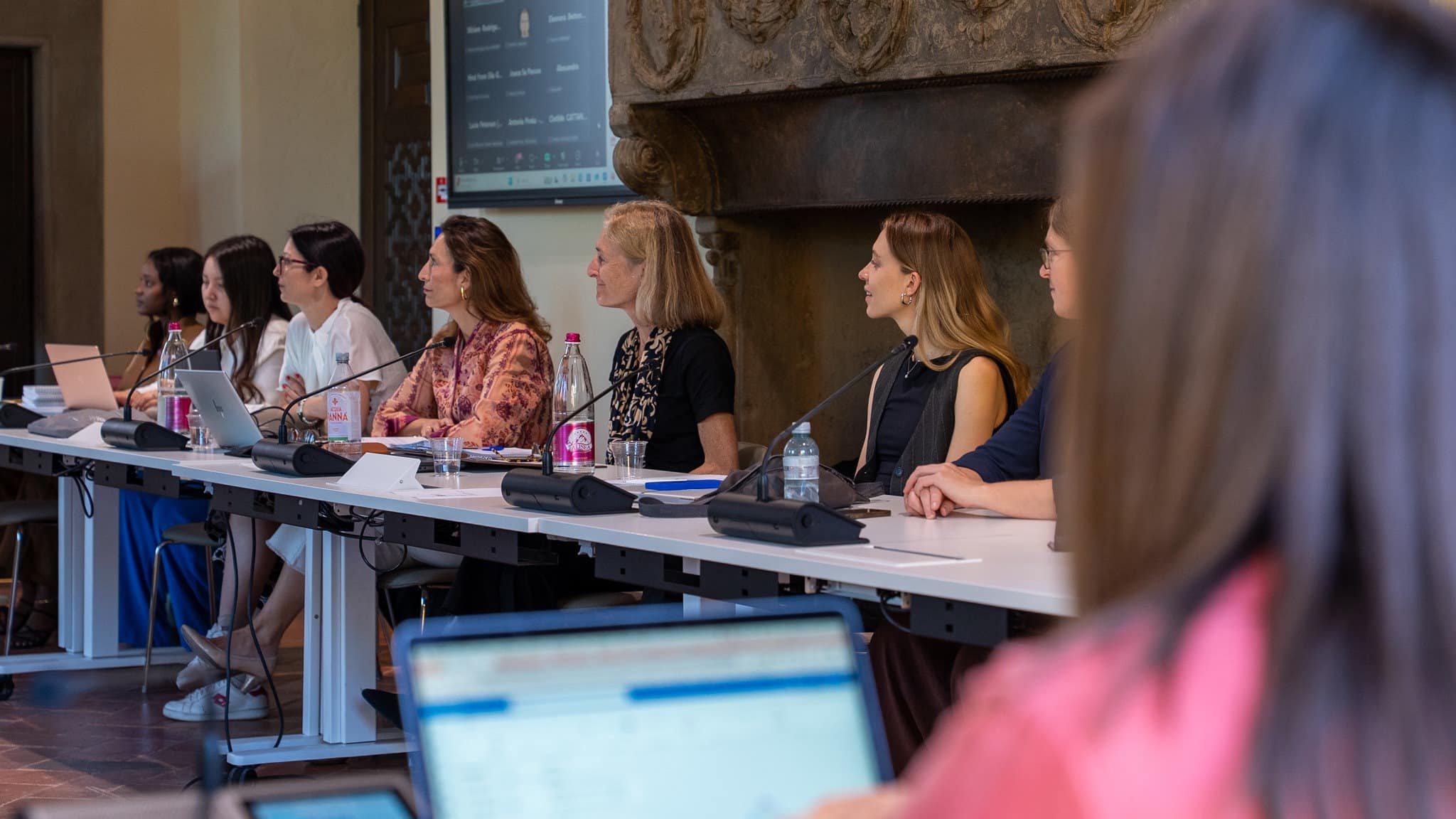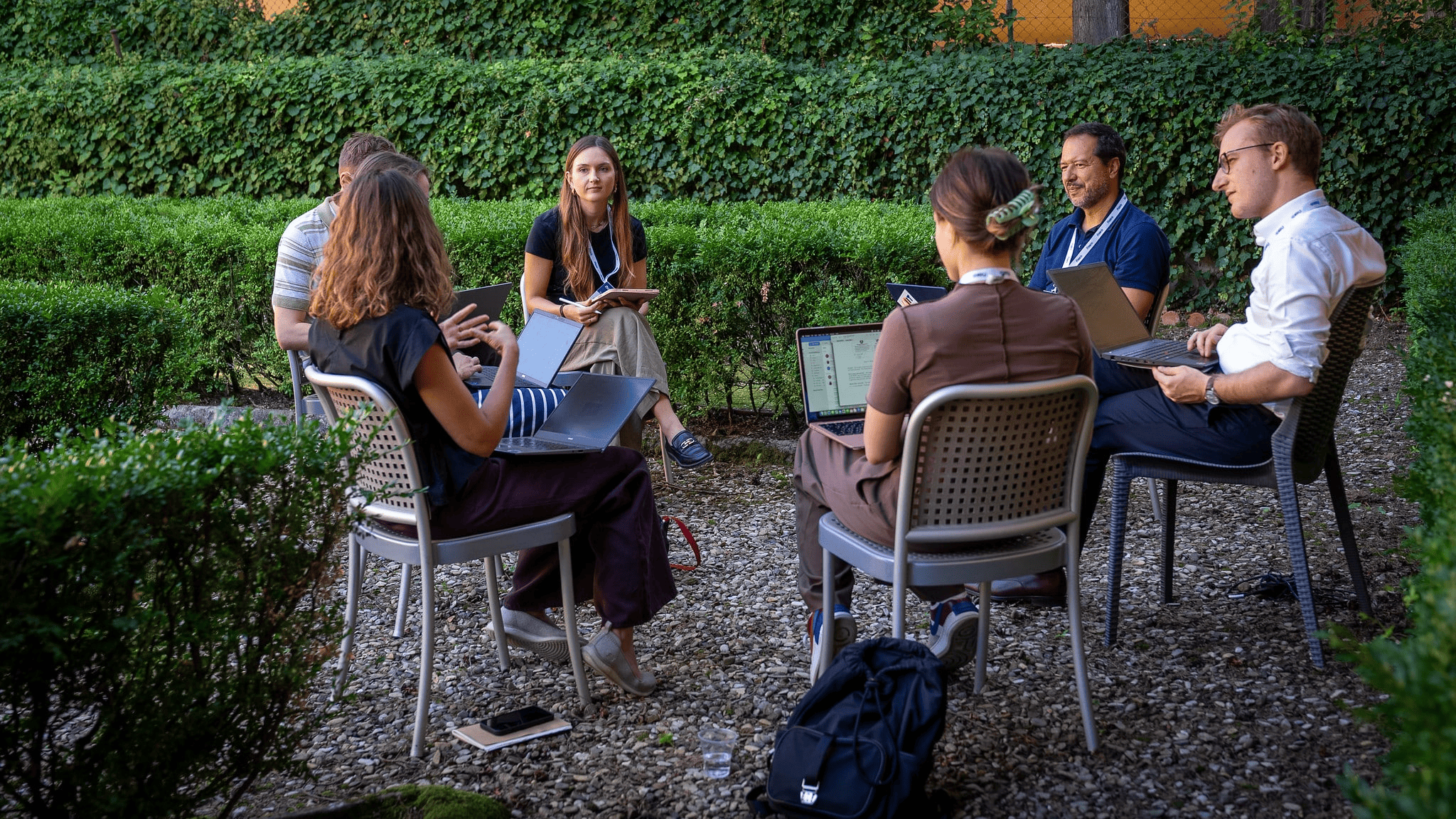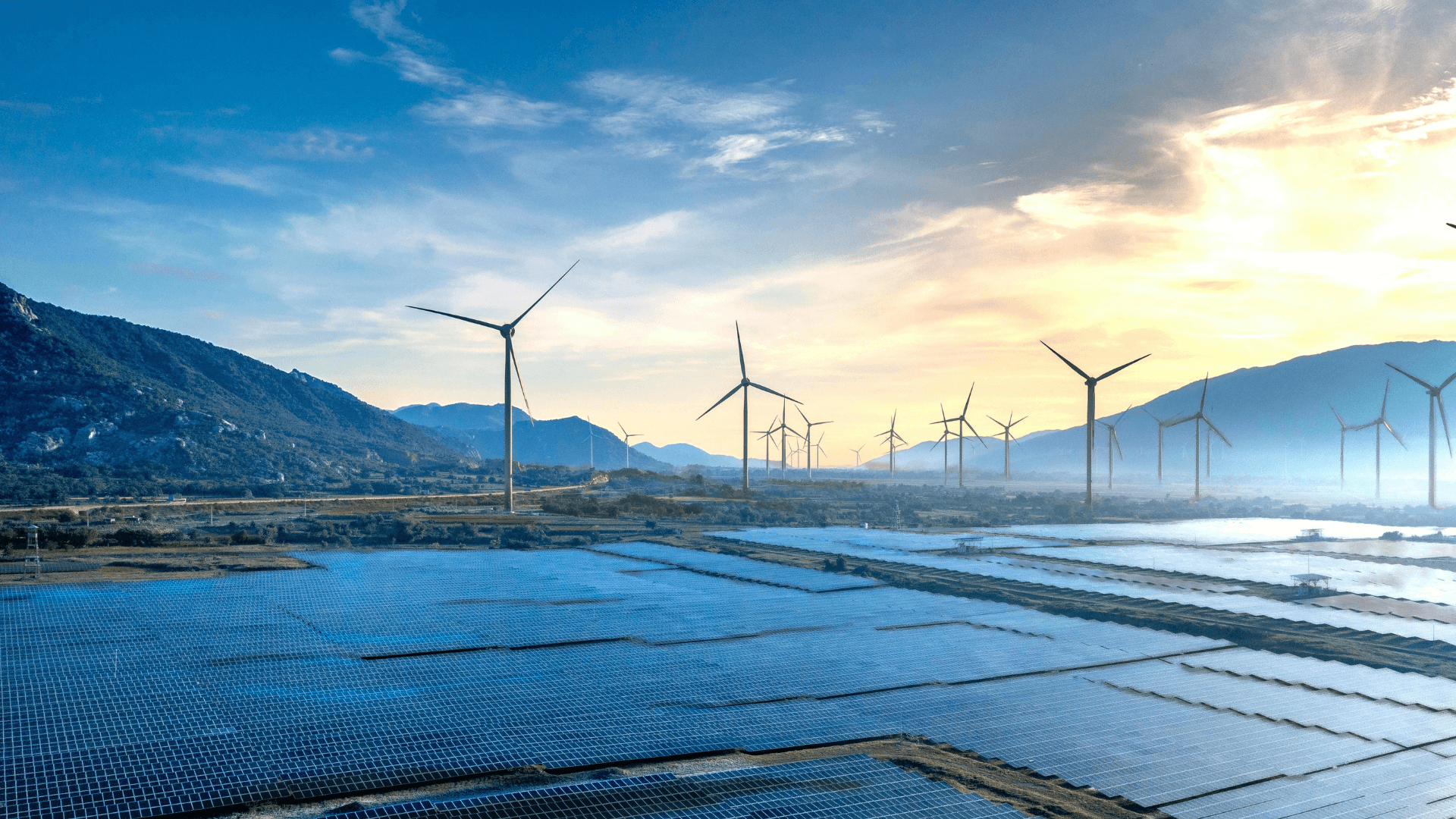Locating value in sector coupling: powering railways with renewable energy
Nolden, C.

The paper “Locating value in sector coupling: powering railways with renewable energy” (Nolden, C.) will be presented at the 9th Conference on the Regulation of Infrastructures (25-26 June, 2020).
ABSTRACT
In 2019, Riding Sunbeams, a UK community energy intermediary, demonstrated for the first time ever that it is possible to power trains directly with solar PV. For utility services such as railways, where there is little scope to reduce or flex demand, procuring grid-edge renewable energy at the point of such demand provides a direct means of decarbonizing and securing supply.
Historically, however, railways and fossil-fuel energy systems co-evolved as interlinked and path-dependent infrastructures, supporting carbon intense practices and resisting change. Their governance, which encompasses policy, regulations and market structures, has evolved accordingly and blinded actors to socio-technical innovations outside their focus. Technical viability of grid-edge renewable energy innovation is therefore not sufficient for the successful exploitation of efficiency gains. Commercial and legal issues need to be overcome to facilitate governance convergence which enable large-scale rollout of this socio-technical innovation by providing a route to market.
This paper examines drivers and barriers of governance innovations capable of lowering risk and transaction costs of procuring value inherent in coupling rail traction energy demand with direct-wire renewable energy supply. It frames the results in the context of both business model innovation and public procurement of green and social innovation capable of supporting both sector coupling and the Sustainable Development Goals. This paper concludes that grid-edge convergence, entailing profound changes in the practices of how energy is produced and consumed, requires regulatory recognition of inherent environmental and social value of this socio-technical innovation. Particular emphasis is placed on risks and transaction costs of contracting with Riding Sunbeams’ non-traditional business model which seeks community and commuter co-ownership of energy supply technologies. Capturing and recognizing its environmental and social value facilitates innovation procurement beyond path-dependencies and open market biases inherent in both railway and energy system governance structures.
ABOUT THE AUTHOR
 Colin Nolden is a Vice-Chancellor’s Fellow at University of Bristol Law School and a Researcher at the Environmental Change Institute, University of Oxford. He completed his Ph.D. in Geography at the University of Exeter in 2013 and trained as a Research Fellow at SPRU (Science Policy Research Unit), University of Sussex until 2015. Following 2 years travelling and working as a consultant for organizations such as the UK Department of Energy and Climate Change and Climate-KIC, Colin rejoined academia in 2017. His research spans sustainable energy governance at the intersection of communities, demand, mobility and climate change.
Colin Nolden is a Vice-Chancellor’s Fellow at University of Bristol Law School and a Researcher at the Environmental Change Institute, University of Oxford. He completed his Ph.D. in Geography at the University of Exeter in 2013 and trained as a Research Fellow at SPRU (Science Policy Research Unit), University of Sussex until 2015. Following 2 years travelling and working as a consultant for organizations such as the UK Department of Energy and Climate Change and Climate-KIC, Colin rejoined academia in 2017. His research spans sustainable energy governance at the intersection of communities, demand, mobility and climate change.
Don’t miss any update on this topic
Sign up for free and access the latest publications and insights













